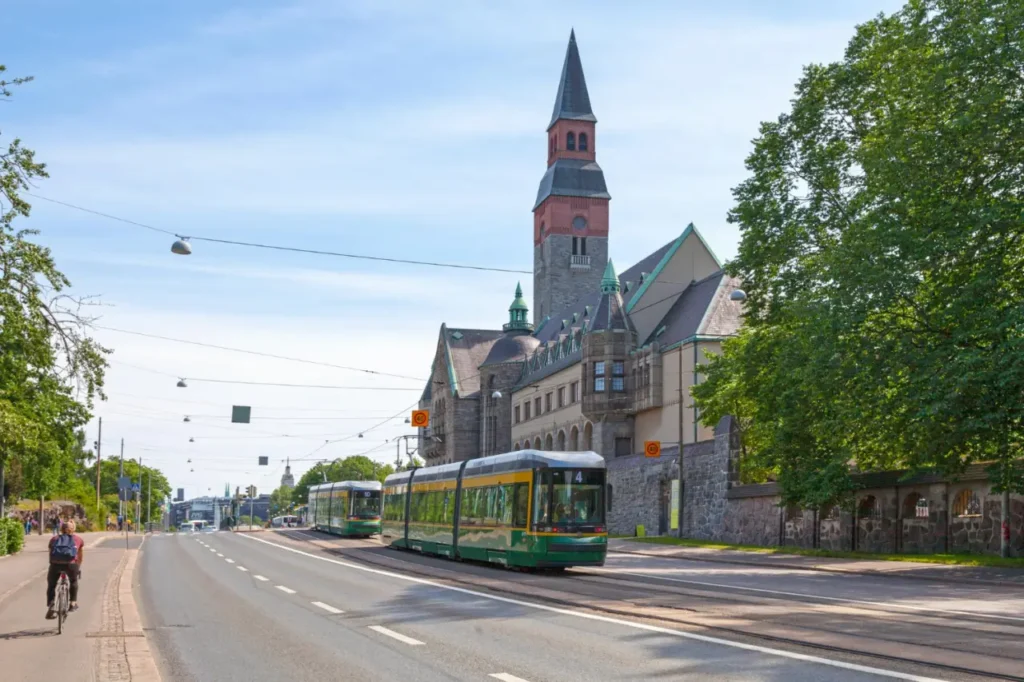The Global Destination Sustainability Index uses over 70 indicators to measure the sustainability of a destination in four different categories.
This comparison includes over 100 cities around the world that are investing in sustainability.
Helsinki has performed well in the GDS Index in the past, ranking 4th in the 2023 ranking.
Helsinki has achieved its goal of becoming the world’s most sustainable destination, ranking first in the latest Global Destination Sustainability (GDS) Index, published on October 16, 2024.
“Being selected as the world’s most sustainable destination is evidence of our long-term commitment in Helsinki. Together with tourism operators and local residents, we will continue to develop and grow tourism sustainably. The first position we have now achieved shows that we are on the right path,” commented Helsinki Mayor Juhana Vartiainen.
Visitors value sustainable destinations and services
The Global Destination Sustainability (GDS) Index measures sustainability across four key areas: destination management, supplier performance, environmental performance, and social performance. Helsinki has traditionally performed very well in indices, especially in terms of environmental performance at city level.
This year, Helsinki was ranked first for destination management, supplier performance and environmental performance, and second for social progress. The city is investing in increasing the social sustainability of tourism by supporting local businesses on the path to sustainability and increasing resources for the development of tourist destinations.
“International research shows that travelers are increasingly demanding more sustainable services and destinations. There is no doubt that the world’s most sustainable tourist destinations will be in high demand in the future,” says Nina, Director of Tourism for the City of Helsinki.・Mr. Vesterinen says.
Our commitment to sustainable smart tourism continues
Helsinki’s urban strategy sets the goal of becoming the most sustainable and smartest tourist destination. Helsinki’s Climate Action Plan for Tourism and Events also outlines Helsinki’s aim to be at the top of the world in terms of sustainability, as evidenced by indicators and certifications. The goal is to reach the top spot on the Global Destination Sustainability (GDS) index by 2025 at the latest.
In addition to tourism, Helsinki is committed to reducing emissions in all its activities. Helsinki’s goal is to become carbon neutral by 2030. The goal of carbon neutrality will be achieved by increasing the share of renewable energy, especially in the production of heat and electricity, and by increasing energy efficiency measures in buildings. The City of Helsinki is also investing in low-emission transport solutions. More than 30 percent of the Helsinki region’s bus fleet has been electrified, and over 30 kilometers of new trams will be introduced in Helsinki over the next 10 years.
The City of Helsinki has several sustainability projects and initiatives underway. Regarding tourism, the most important of these are additional investments in comprehensive tourism development and the participation of local populations in tourism development. The City of Helsinki measures the carbon footprint of tourism, promotes the Helsinki Tourism Climate Action Plan and supports tourism businesses on the path to sustainable travel. The City of Helsinki is also interested in close cooperation with other tourist destinations at national and international level.

